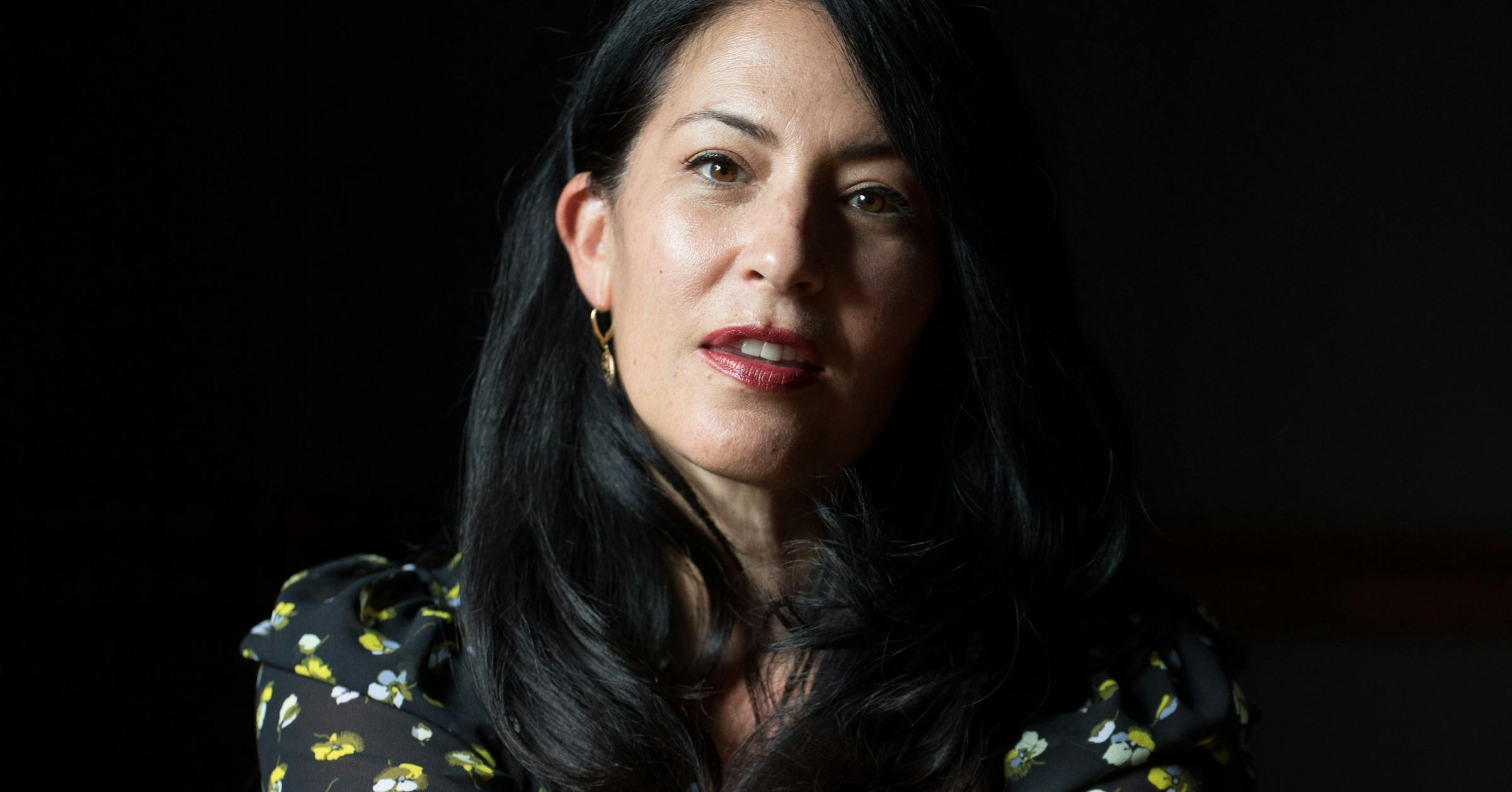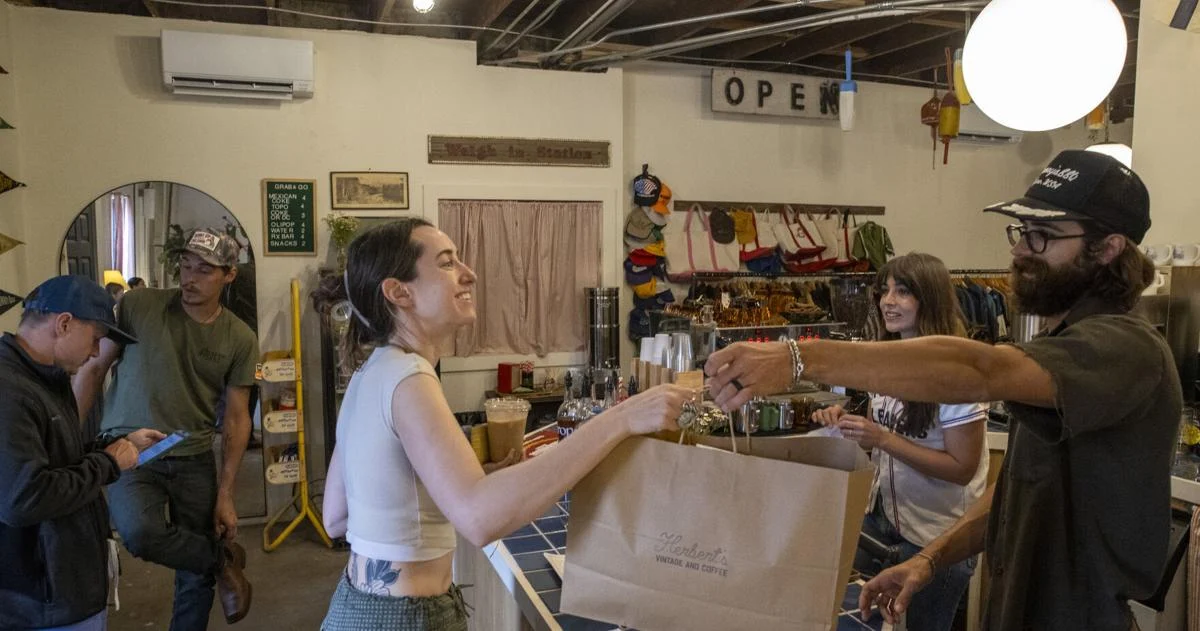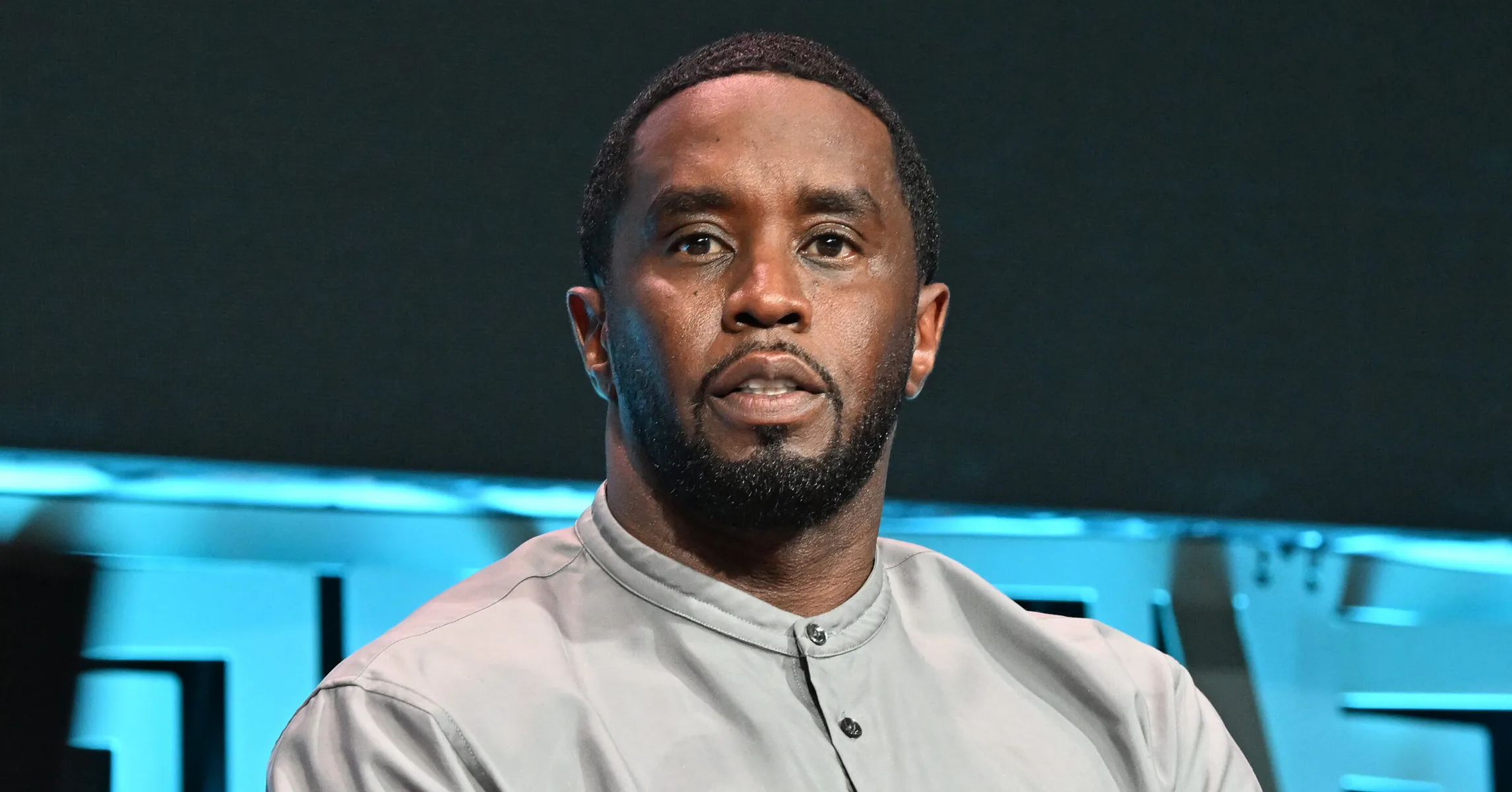
Young, poetry editor for the New Yorker and former director of the Smithsonian National Museum of African American History and Culture, always surprises. His tone shifts from playful riffs in one collection (“Jelly Roll”) to elegiac reflection in another (“Book of Hours”). He steeps the formally structured poems of “Night Watch” in history.
In “The Two-Headed Nightingale” he gives voice to Millie and Christine McKoy, conjoined twins born enslaved in 1851 and displayed by showmen, including P.T. Barnum. As they are taken town to town, invasive doctors, “self-appointed / & -taught,” want “to peer under — / to peek.” The sisters “are specimen / A woman only in word.”
“Darkling,” the book’s hallucinatory main section, reimagines the hell, purgatory and paradise of Dante’s “Divine Comedy” through a Black American lens. Young conjures tragedies with the image of blood “seeping into the street,” and while Donald Trump isn’t named, the devil here, with thin orange skin and tongues “like a red tail or necktie,” is a “night / manager for this Hotel / of Hell.”
Some stanzas of “Darkling” are too enigmatic, spurring in me what poet Billy Collins disparages as a student’s need to “tie the poem to a chair with rope / and torture a confession out of it.” Still, even when I lose the narrative in Young’s incantatory fog, the journey resonates as the poem moves out of Hell toward the “belief in something / unseen gathering– / Spring in the bare / branches of the tree.”
With “Startlement,” Limón demonstrates her brilliance, gathering 21 new poems and 102 from her previous books, all of which precisely observe life with emotional clarity. To read her is to want to keep quoting lines until people surrender and pick up her books.
Limón’s older work reaps epiphanies from memory (“The Raincoat”) and the natural world (“Instructions On Not Giving Up”), and recent poems (“Hell or High Water”) continue that arc. Other new pieces go further as Limón grapples with staying connected to a changing, overwhelming universe.
In “The Endlessness,” the former poet laureate of the U.S. writes about not seeing “the lines of things” as a child, instead perceiving “memory, what had been /done to the object before it was placed on / the coffee table or the nightstand.”
“In The End, Everything Gives” plays with the contradictory meanings of “giving.” The world breaks as it “gives way, the shorelines, the house decaying / and becoming shrub and moss and haunt.” But giving is also “the palm reaching out,” something “you could hold and in turn it could hold you back.”
“While Everything Else Was Falling Apart” finds delight and hope in such a gesture as a man learns “from a vendor how to pronounce / churro. High in the sticky clouds of time, he kept /repeating churro while eating a churro.”
Both poets succeed in assuring that their work remains with readers. Young forces us to reflect on lives already lived and our role in the legacies we leave as a society, while much of Limón’s work illuminates the value of an individual life that might otherwise feel minuscule, as well as the moments that reveal “how the Earth was made.”



